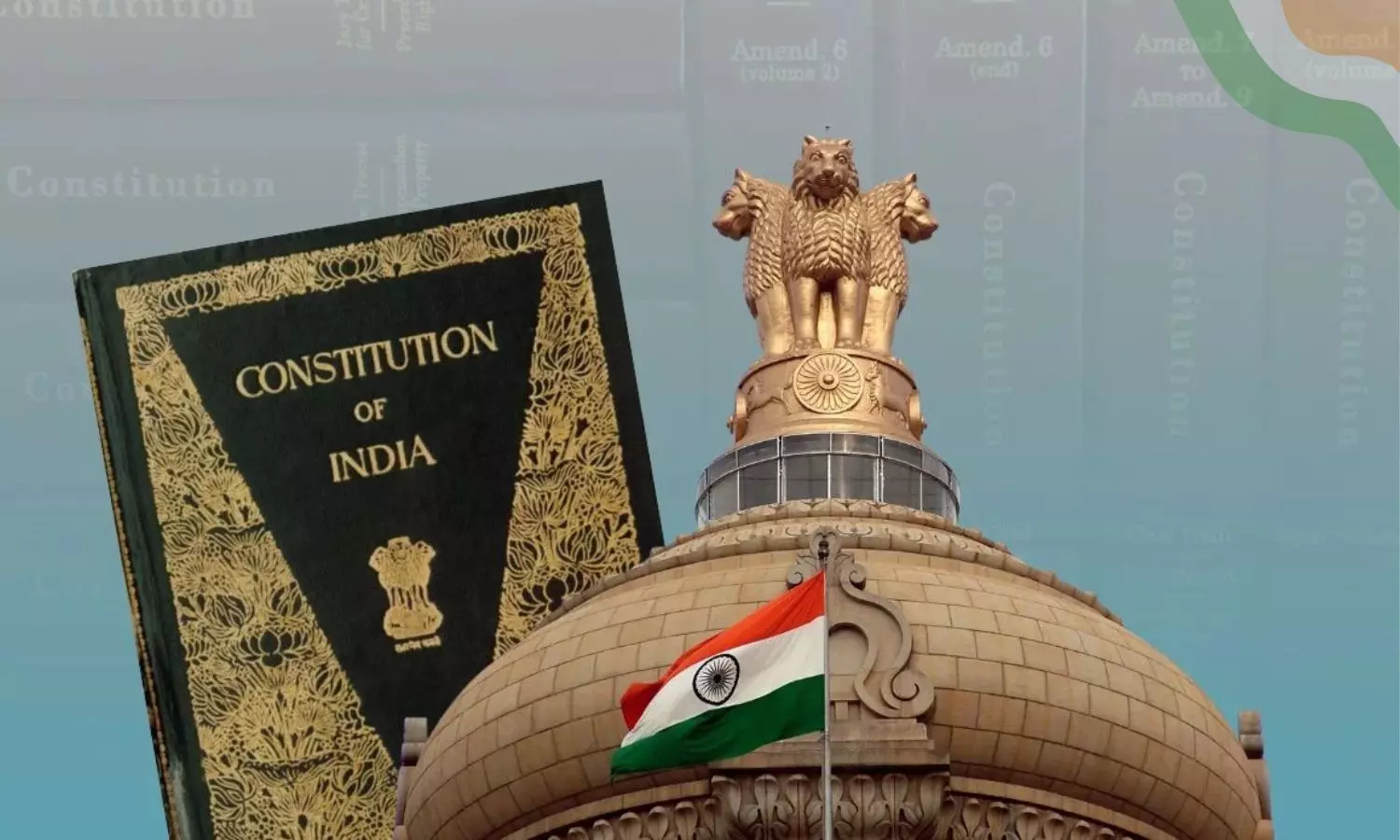Article 39(b) Verdict Live Updates: Supreme Court ruled that all private properties cannot be acquired by the state
SC by the 7-2 majority verdict rules that all private properties cannot be claimed by the state, terming that as community good.
Article 39(b) Verdict Live Updates

A nine-judge bench of the Supreme Court remarked all private properties are not material resources and cannot be acquired by the states. SC delivered this verdict while acknowledging the question- whether the state can overtake the private properties to distribute to support the common good.
By the majority verdict, the Supreme Court ruled that under Article 39(b) of the Constitution, all the private properties cannot become the part of 'material resources of the community' and the state cannot acquire them to aid the greater good.
Latest verdict
The Supreme Court ruled that the government cannot obtain control over all the private properties for the sake of public welfare. Under the 7-2 majority ruling, states can secure private land in certain incidences but they cannot term all the assets are community resources.
A nine-judge bench Supreme Court led by CJI Chandrachud, including Justices Hrishikesh Roy, J B Pardiwala, Manoj Misra, Rajesh Bindal, S C Sharma, A G Masih, B V Nagarathna and S Dhulia declared previous rulings void, including one by Justice Iyer's that implied that Article 39(b) of the Constitution provide states the authority to acquire private resources.
The justices also ruled that Article 31C continues to hold good. The previous portion added to Article 31 C which was struck by a bench of 13 judges in in 1973 Keshavananda Bharti case will not be reinstated. As per Article 31 C, no legislation giving effect to Directive Principles (Chapt IV of Constitution) would be held invalid for violation of equality (Art 14) or free speech (Art 19).
As per the Supreme Court, the adoption of economic policy over the last 30 years has put India on the path of fastest growing economy. The nine-judge bench expresses that it cannot follow Justice Iyer's philosophy that every asset, including that of private individuals, can be declared a community resource.
The Supreme Court decision comes in light of the case filed by Mumbai-based Property Owners' Association in 1992. The association raised concerns over a section of the Maharashtra Housing and Area Development Authority (MHADA) Act that provides the state with the authority to acquire buildings and land if 70% of the occupants request restoration.

